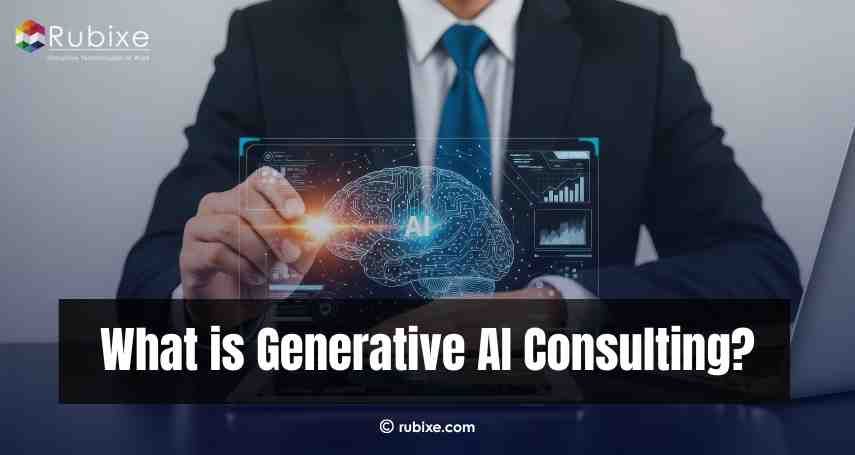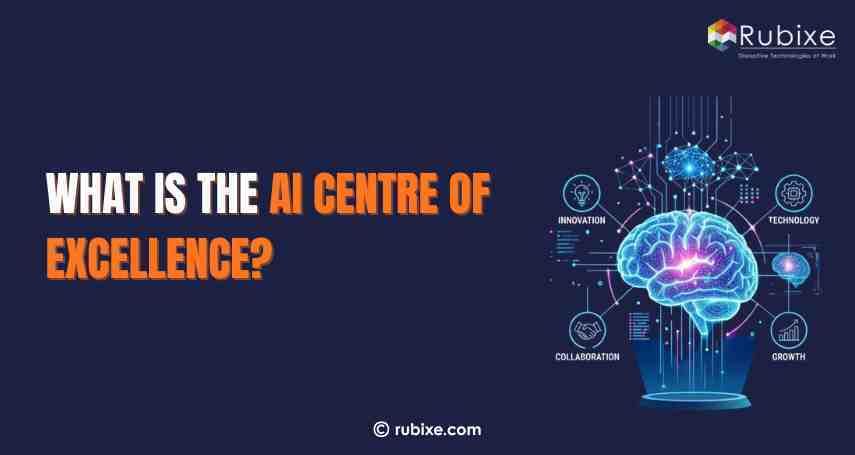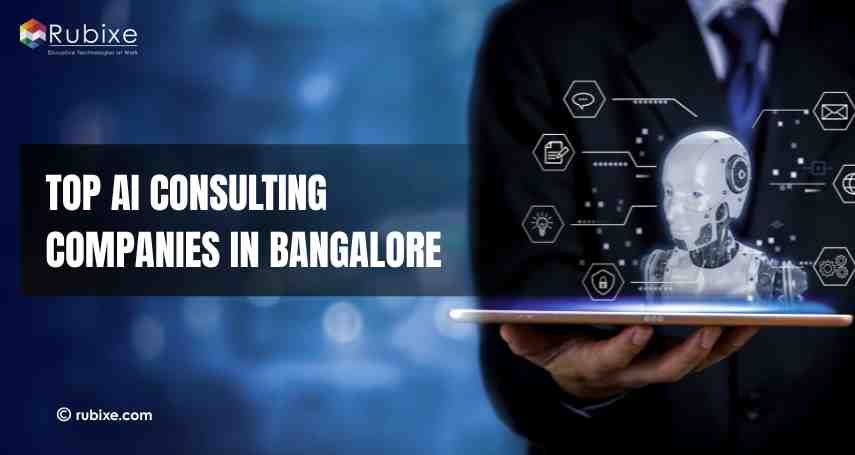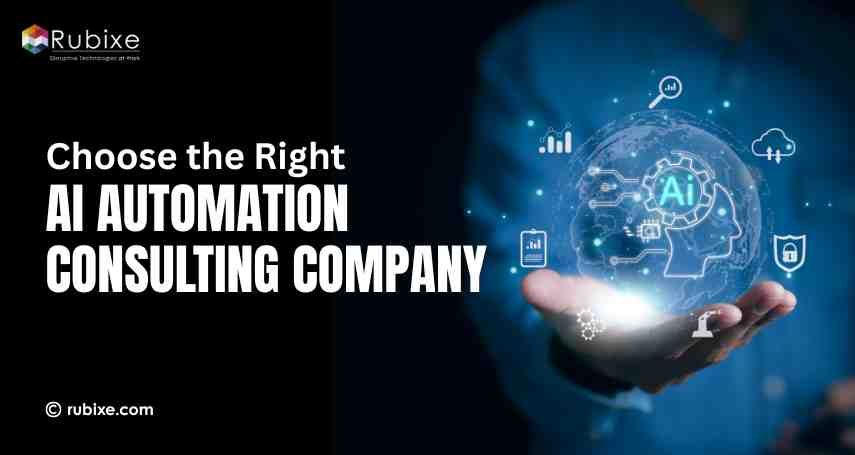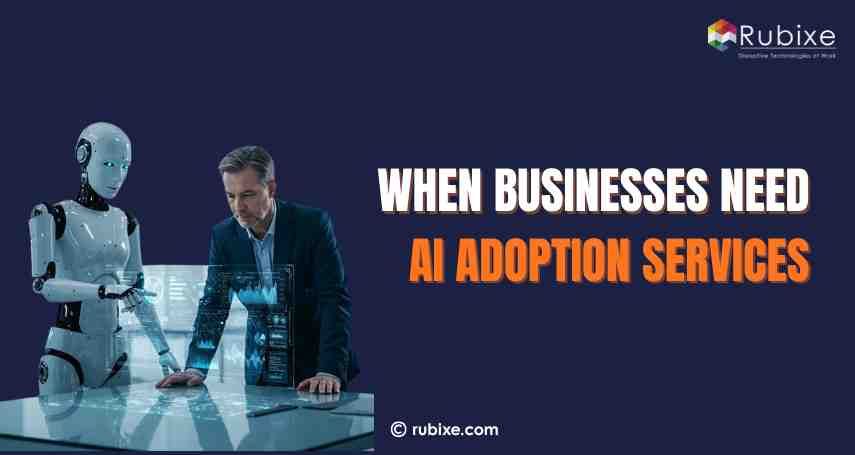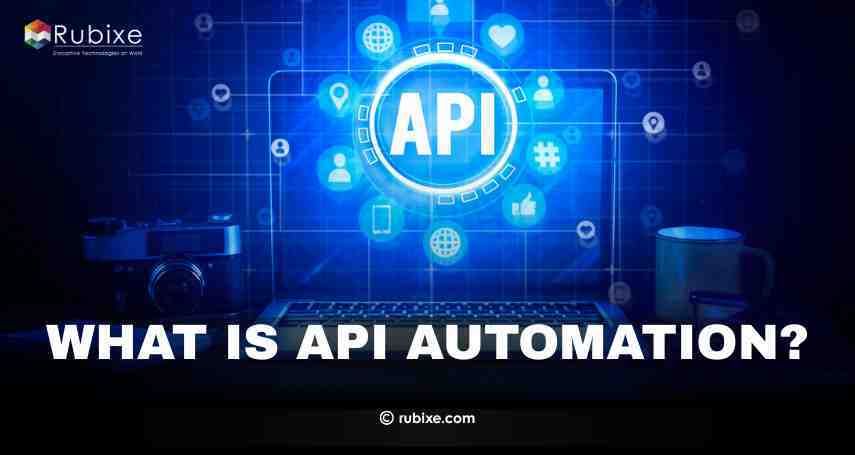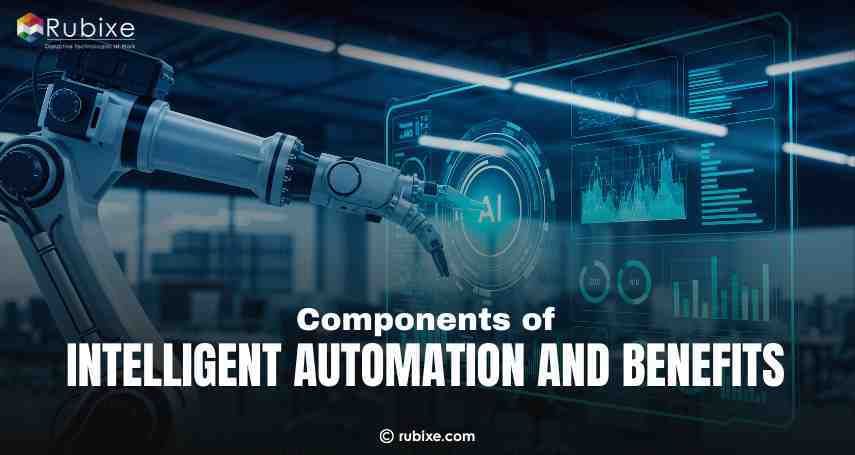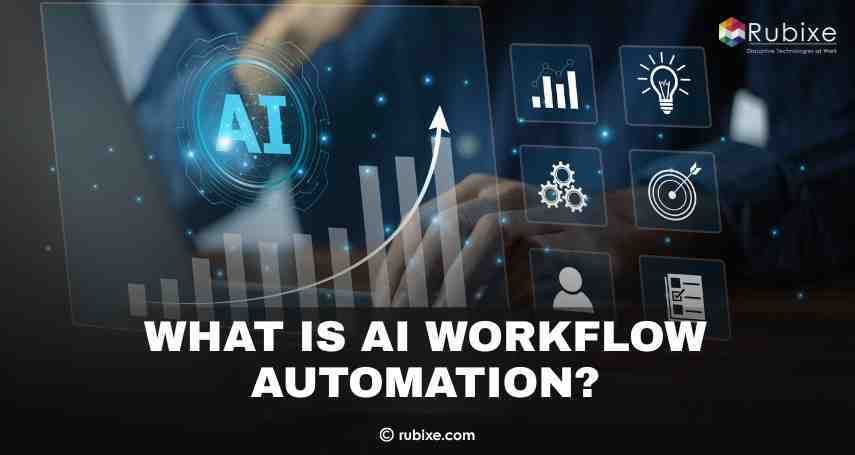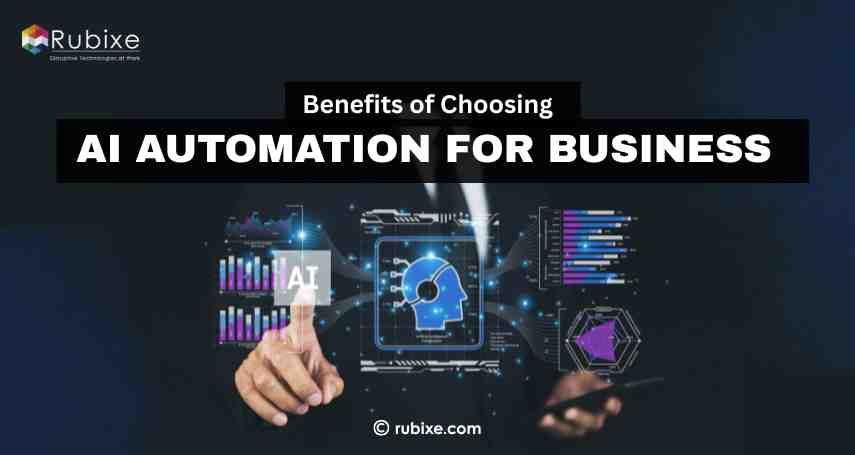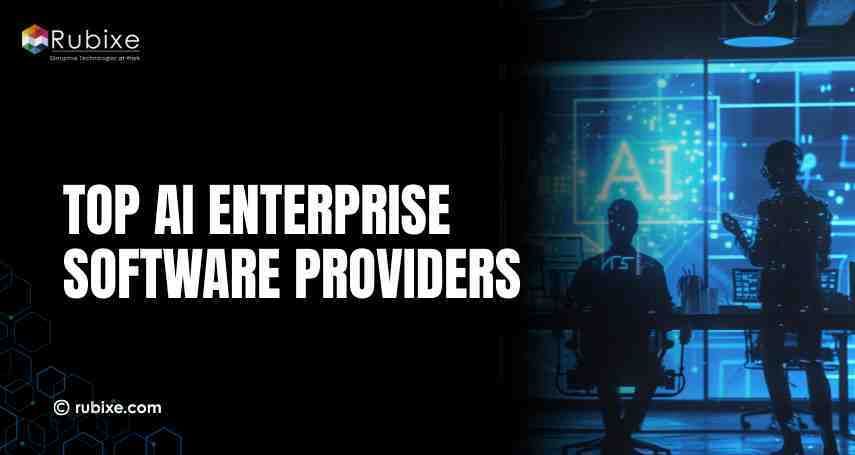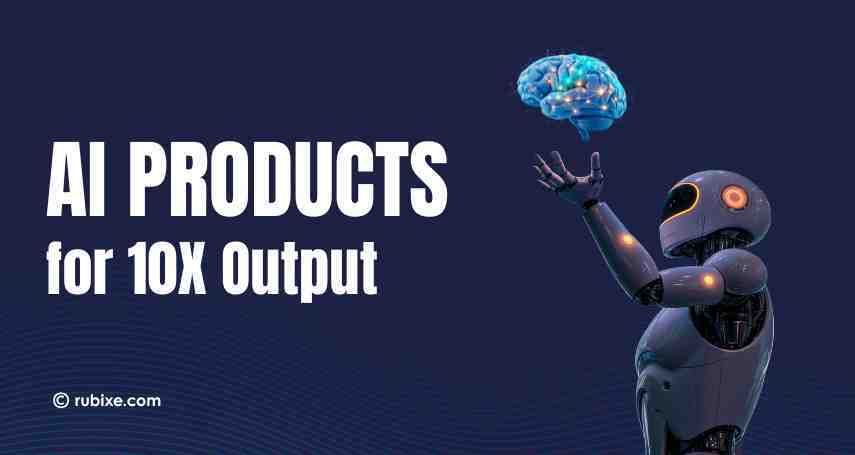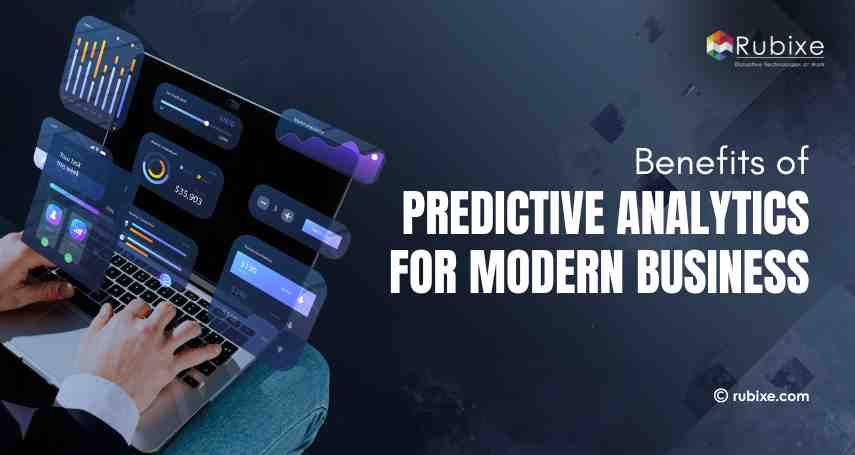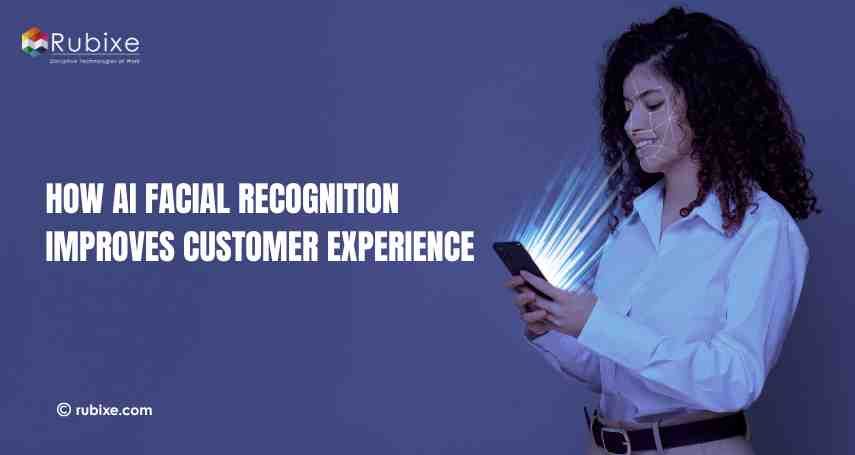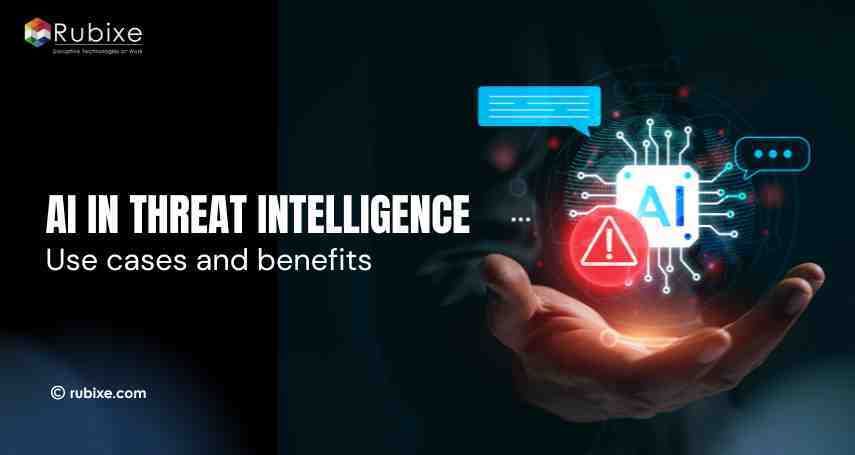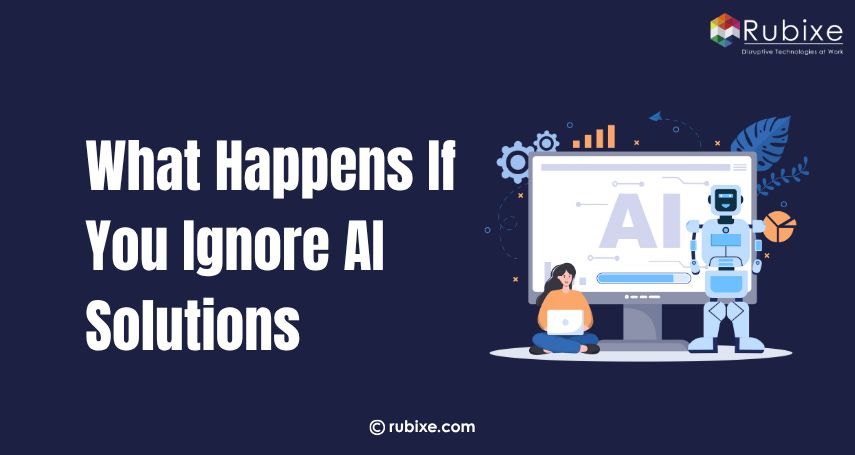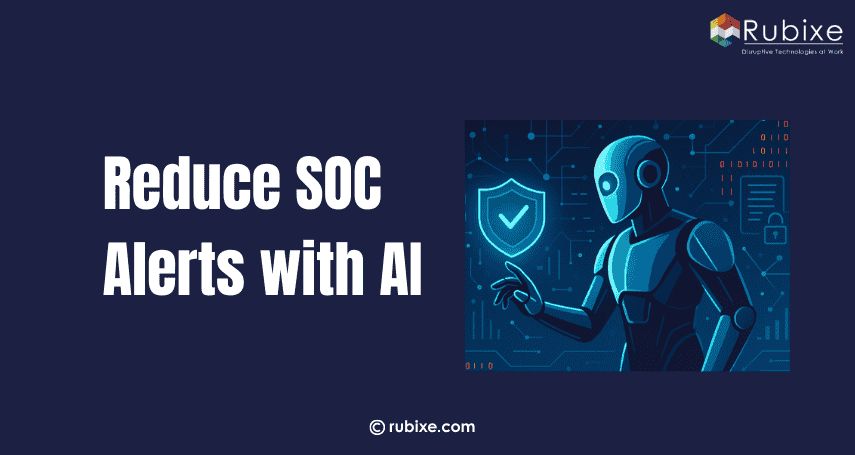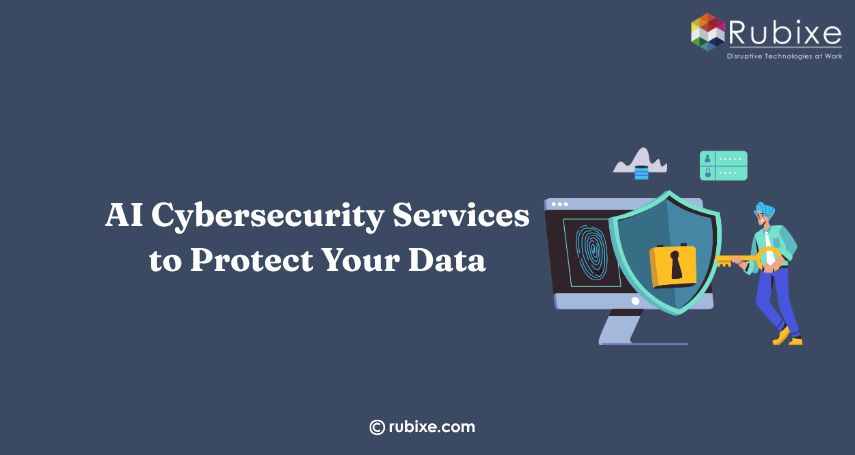Traditional operations fail without AI solutions
AI helps businesses move faster than traditional methods. With automation and quicker decisions, AI solutions boost efficiency and performance across industries.
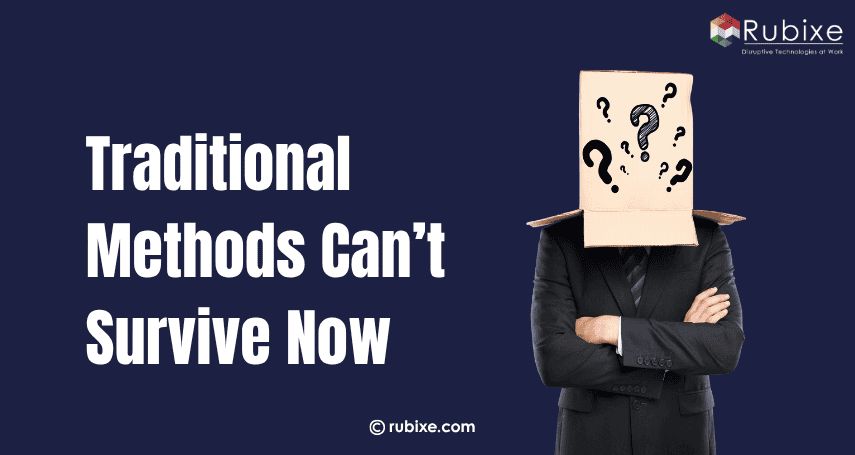
If you’ve ever asked yourself how some businesses make faster decisions, serve customers better, and grow with ease, the answer often lies in how they use AI.
AI solutions are transforming the way organizations work by helping people operate more intelligently. From automating daily tasks to improving accuracy and predicting outcomes, AI has become the quiet partner behind many success stories.
For businesses ready to move forward, understanding and applying AI solutions is not just a passing trend but a smart way to stay ahead, innovate, and build long-term success.
Why Traditional Operations Are Becoming Obsolete
Legacy systems once enabled growth but now restrict progress in a digital-first economy. Outdated processes cause delays, inefficiency, and limited data visibility. Studies show companies that avoid modernization spend up to 50% more on operations. Without AI-driven systems, decision-making stays reactive, reducing agility and competitiveness. Modern AI Services improve accuracy, efficiency, and long-term success through expert implementation and data-backed strategies.
Challenges of Traditional Operations:
-
Data Silos: Information remains scattered across multiple platforms, reducing transparency and collaboration across teams.
-
Reactive Decision-Making: Businesses act after issues appear instead of leveraging predictive data to prevent them.
-
High Operational Costs: Manual and repetitive processes consume valuable time, energy, and financial resources.
-
Inconsistent Performance: Workflow results depend heavily on employee skill levels, creating gaps in quality and speed.
-
Limited Scalability: Traditional systems are not flexible enough to handle growing data volumes or new technologies.
-
Slow Innovation: Rigid processes and legacy tools slow experimentation, making it hard to adopt emerging solutions.
Why Traditional Methods Struggle Without AI
Conventional methods often fail to keep pace with modern business challenges that demand agility, precision, and real-time decision-making. Without AI-driven support, organizations face inefficiencies in data handling, process execution, and adaptability, making it harder to compete in fast-moving markets.
Key Limitations of Traditional Approaches:
-
Data-Intensive Tasks: Manual analysis cannot match the scale and accuracy of AI. Intelligent systems can process massive datasets within seconds, uncover hidden correlations, and support areas like fraud detection, predictive maintenance, and personalized customer insights.
-
Repetitive and Routine Tasks: Human-led workflows are prone to delays and errors. AI automation ensures consistency, reduces operational fatigue, and allows employees to focus on creative, high-value work rather than repetitive activities.
-
Complex Problem-Solving: Traditional systems rely on fixed rules, which limit adaptability. AI models continuously learn from new data, improving their accuracy and enabling smarter outcomes in natural language processing, image recognition, and predictive analytics.
-
Dynamic Environments: Static processes struggle in fast-changing markets. AI-powered systems monitor conditions in real time, making instant adjustments in fields like supply chain management, logistics, and financial trading.
Where Traditional Methods Still Remain Effective
Even with AI gaining prominence, traditional business methods continue to deliver strong results in certain areas. These approaches offer human intuition, simplicity, and practicality that technology cannot always replace.
Key Areas Where Traditional Methods Excel:
-
Human-Driven Roles: Jobs that depend on emotional understanding, ethical reasoning, or creative thinking still rely on people. Sectors like healthcare, education, and design benefit from genuine empathy and originality that AI cannot replicate.
-
Rule-Based or Limited Data Environments: When operations follow fixed rules or handle minimal data, traditional systems often perform better. They are easier to manage, faster to deploy, and require fewer technical resources compared to AI-driven solutions.
-
Cost or Feasibility Constraints: For smaller companies or operations with limited budgets, implementing AI may not be practical. Traditional tools allow these businesses to maintain performance without the high costs of advanced technology.
What Are AI Solutions and Why Businesses Need Them
AI solutions refer to intelligent systems and technologies that can analyze data, make predictions, and automate processes without constant human supervision. These solutions use machine learning, natural language processing, and predictive analytics to help businesses make faster, smarter decisions.
Traditional tools often fail to process this data efficiently, while AI systems can quickly identify patterns, detect risks, and suggest actions that improve performance. Businesses need AI solutions not only to save time and reduce errors but also to stay competitive in markets that demand agility and innovation.
How AI Solutions Transform Business Operations
AI solutions are redefining how businesses operate by integrating intelligence into every stage of the workflow. They automate complex tasks, optimize resource use, and scale operations efficiently. By converting large volumes of data into clear, actionable insights, AI enables decision-makers to focus more on innovation and growth rather than repetitive activities. Companies that implement AI-driven systems often see measurable gains in productivity, accuracy, and customer satisfaction.
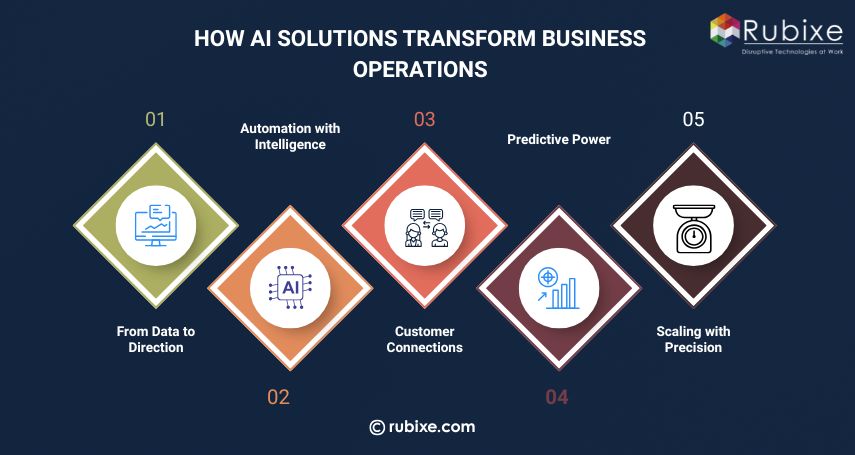
Transformation Benefits:
-
Automation at Scale: Automate repetitive and time-consuming workflows across departments, reducing human error and increasing overall productivity.
-
Predictive Intelligence: Use data-driven forecasting to anticipate market shifts, demand fluctuations, and performance outcomes with greater accuracy.
-
Real-Time Optimization: Continuously monitor business operations and automatically adjust resources, staffing, or production levels for optimal efficiency.
-
Continuous Improvement: Machine learning models analyze performance data over time to refine processes and ensure ongoing operational excellence.
-
Smarter Decision-Making: AI solutions provide clear insights that support faster, evidence-based decisions across all business functions.
AI Solutions in Action Across Industries
AI solutions are driving measurable transformation across sectors, from manufacturing to healthcare. Businesses are using intelligent systems to streamline workflows, reduce costs, and enhance decision-making. The technology’s ability to adapt and learn makes it valuable for solving both operational and strategic challenges, regardless of industry type or size.
Key Industry Applications:
-
Manufacturing: AI-powered quality checks, predictive maintenance, and supply chain analytics improve efficiency and reduce downtime.
-
Healthcare: Intelligent diagnostic systems, patient data analysis, and automated scheduling help doctors provide faster and more accurate care.
-
Finance: AI enhances fraud detection, risk management, and customer service through advanced data analysis and predictive modeling.
-
Retail: Smart inventory management, demand forecasting, and personalized shopping experiences increase sales and customer loyalty.
-
Logistics and Transportation: Real-time route optimization, fleet tracking, and demand prediction reduce costs and improve delivery reliability.
-
Education: AI-based learning platforms personalize study materials, track student progress, and support educators in data-driven decision-making.
How to Start Integrating AI in Your Business
Integrating AI doesn’t have to be complicated: start small, set clear goals, and scale strategically. Follow this simple roadmap to begin your AI journey:
1. Assess Operations: Identify repetitive or data-heavy tasks where AI can add value, such as customer support, data entry, or analytics.
2. Define Clear Goals: Set measurable objectives like improving decision-making, reducing costs, or enhancing customer experience.
3. Select the Right Tools: Choose AI platforms that fit your business, such as predictive analytics for forecasting or chatbots for automation.
4. Start with a Pilot Project: Test AI in one department first. For example, a retail firm used AI for demand forecasting and cut inventory waste by 25%.
5. Train Employees: Upskill your teams to use AI tools confidently and understand how to interpret AI insights.
6. Partner with Experts: Collaborate with an experienced AI consulting provider to design the right strategy and ensure smooth implementation.
7. Monitor and Improve: Track performance, gather feedback, and refine your AI systems regularly. Prioritize transparency and data security to build trust.
While AI can greatly enhance and streamline many operations, it is not always the only path to success. The choice between traditional methods and AI solutions depends on the situation, the type of task, and the available resources. We as an AI consulting provider help businesses find the right balance, using AI where it brings real value while keeping traditional methods where they still work effectively.
